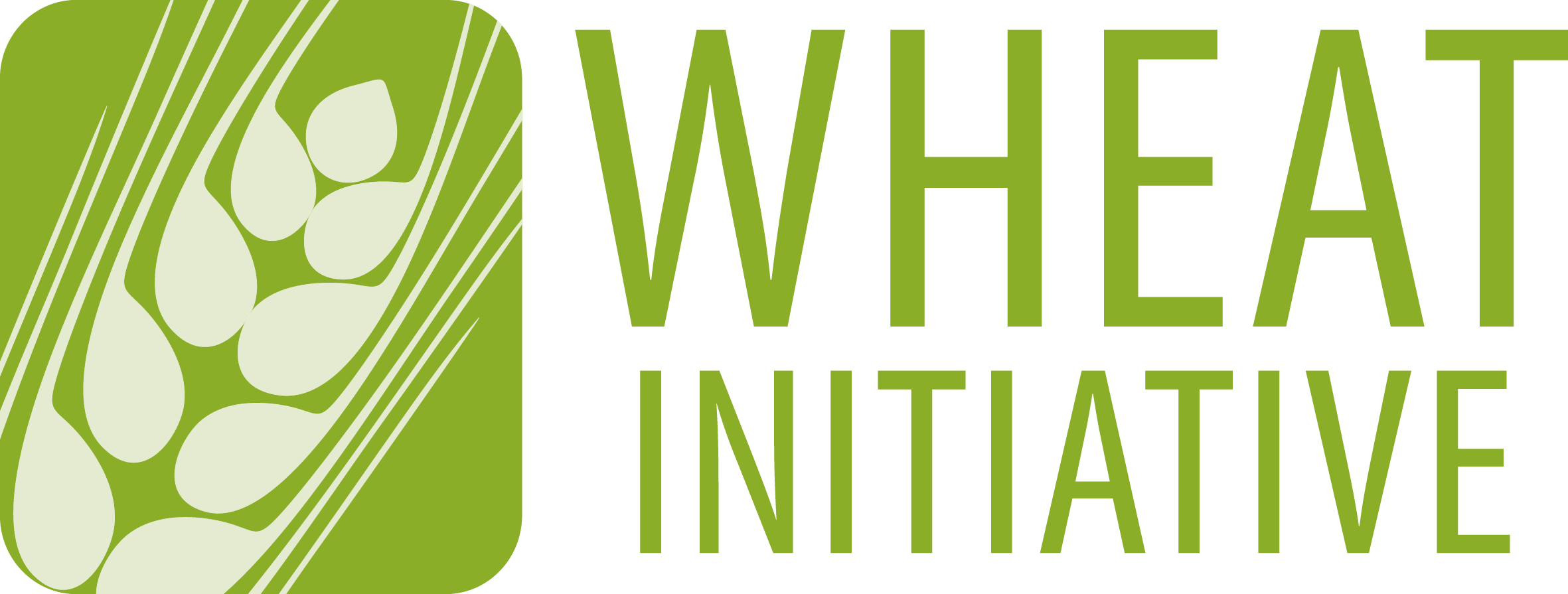WHEAT INITIATIVE AT THE MACS-G20 MEETING ADVOCATES FOR INTERNATIONALLY CONSISTENT REGULATION
(Berlin) On June 15 - 16 the G20 Meeting of the Agricultural Chief Scientists (MACS-G20) took place. As a G20 initiative, established to support and coordinate the international exchange of ideas, resources and capacities to enhance the sustainable production of high-quality wheat, the Wheat Initiative was invited to participate. Wheat was selected for a specific initiative due to its critical role in global food security since it accounts for 20% of protein and 20% of the carbohydrates in the diets of 2.5 billion people. However, evolving transboundary pest and diseases and the impacts of climate change threaten global wheat production, with multiple studies consistently indicating a 7% decline in yield for every degree increase in temperature. At the meeting, the Wheat Initiative was represented by Peter Langridge (Chair of the Scientific Board) and Teresa Saavedra (Programme Manager). The key note “New breeding techniques” was presented by Luigi Cattivelli, Director of CREA Research Centre for Genomics and Bioinformatics, and Chair of the Expert Working Group on Durum Wheat Genomics and Breeding at the Wheat Initiative.
A major focus of the Wheat Initiative activities has been directed to wheat genetic improvement combined with agronomic interventions since this offers the greatest opportunity for addressing crop adaptability and reduced reliance on external inputs of fertilizers, pesticides and irrigation water. To achieve the ambitious global targets of increased production with reduced inputs, researchers need access to diverse and innovative technologies such as gene editing.
If we are to meet the targets for a sustainable wheat production under increased climate stress, access to the best and safest technologies in breeding, agronomy, plant nutrition and protection against pathogens and pests are essential. In the meeting Peter Langridge stated that researchers in both the public and private sector recognise the importance of a strong science based regulatory framework, which:
Recognises the long and safe deployment of diverse technologies for wheat improvement.
Ensures regulation is science based and addresses quantifiable risks and hazards.
Aims for regulatory consistency across jurisdictions.
Recognises that we will gain experience and information from the use and deployment of new breeding technologies, and the regulatory framework should have sufficient flexibility to adapt in response to new information on risks.
Research is international; therefore, internationally consistent regulation is highly desirable provided it is based on sound science, addresses real safety risks and recognises the long safe use of diverse technologies for crop improvement. It is also important that the regulatory framework has the flexibility to take notice of new scientific data and experience in deploying new technologies.
